It’s obvious that respondents to this months Survey are taking conscious consumerism to heart and shopping more mindfully when it comes to sustainability. Looking at year-over-year results in the charts on the following pages shows that today’s shopper’s are not only willing to purchase goods made with eco-materials but also pay a higher price for these items. For example, 78 percent of Survey participants said they would pay more for items that feature eco-friendly fabrics, up from 60 percent two years ago. Interest in eco-labeling and recycling is also on the rise. Consider that a whopping 98 percent of consumers surveyed said that they would bring unwanted clothing and footwear to a recycling bin, and felt that doing so was a personal responsibility. Recycling efforts also ranked highest in lifestyle sustainability goals outlined for the year ahead. Product packaging is an area to watch going forward. “I’m sick of seeing plastic on everything,” commented one respondent.
The survey, conducted by MESH01, included 116 respondents, men and women active in sports and outdoors, ages 18 to 59.

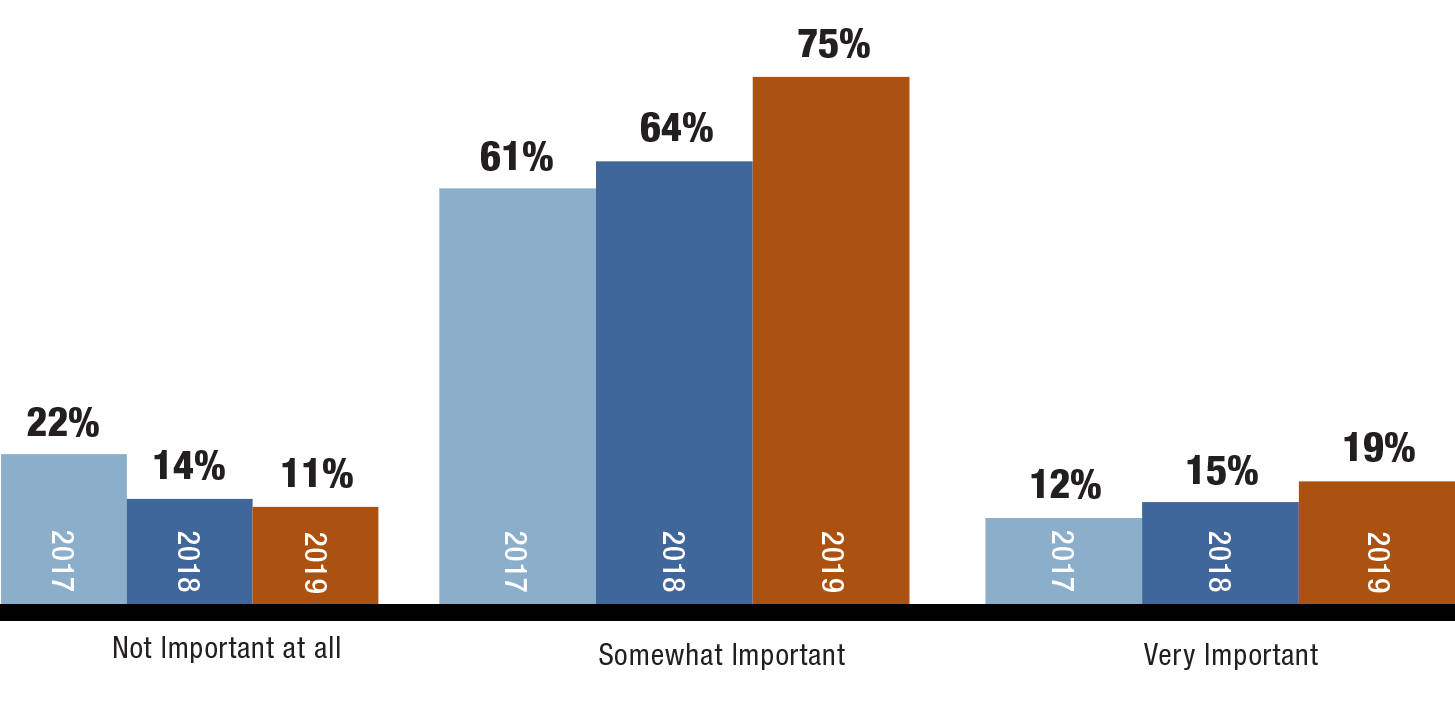
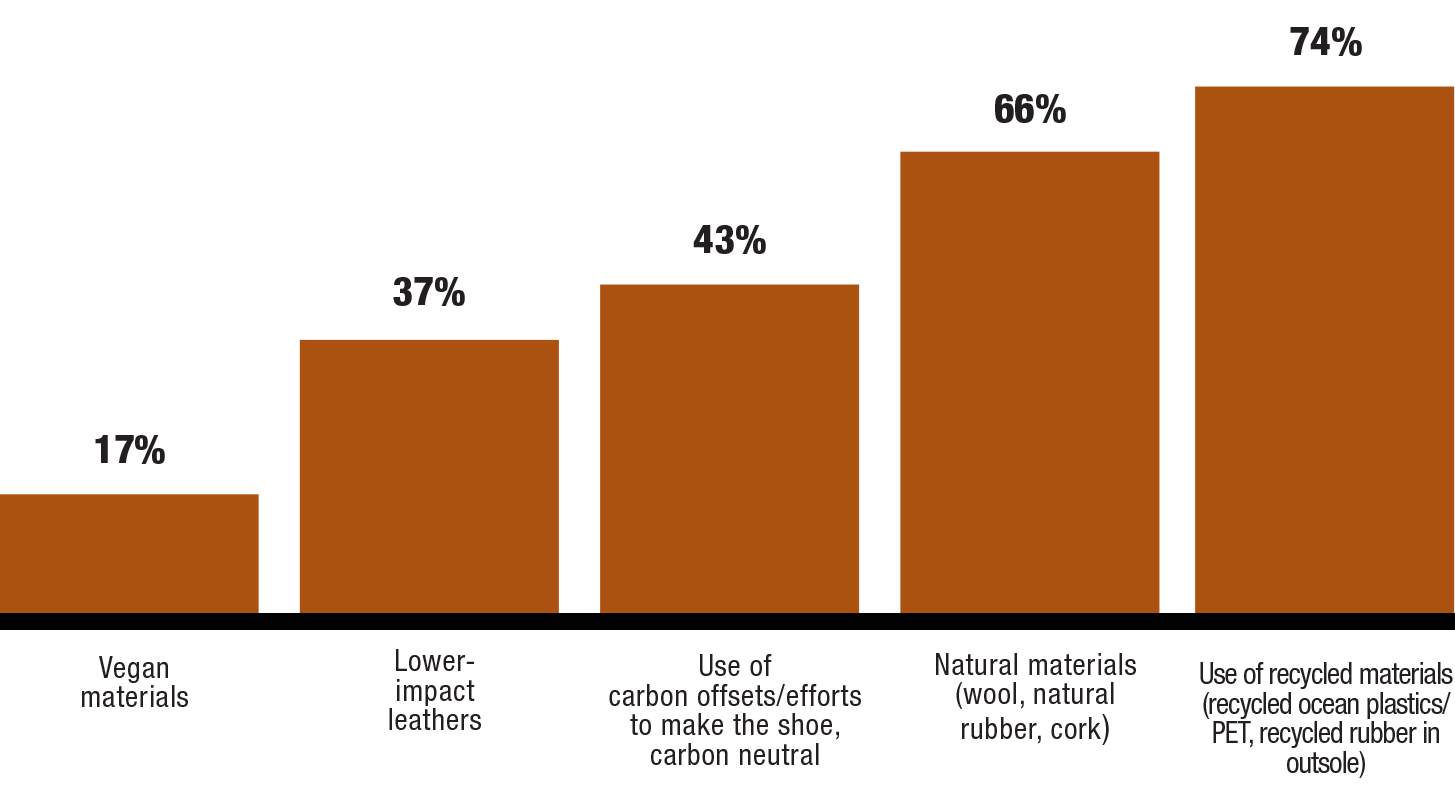
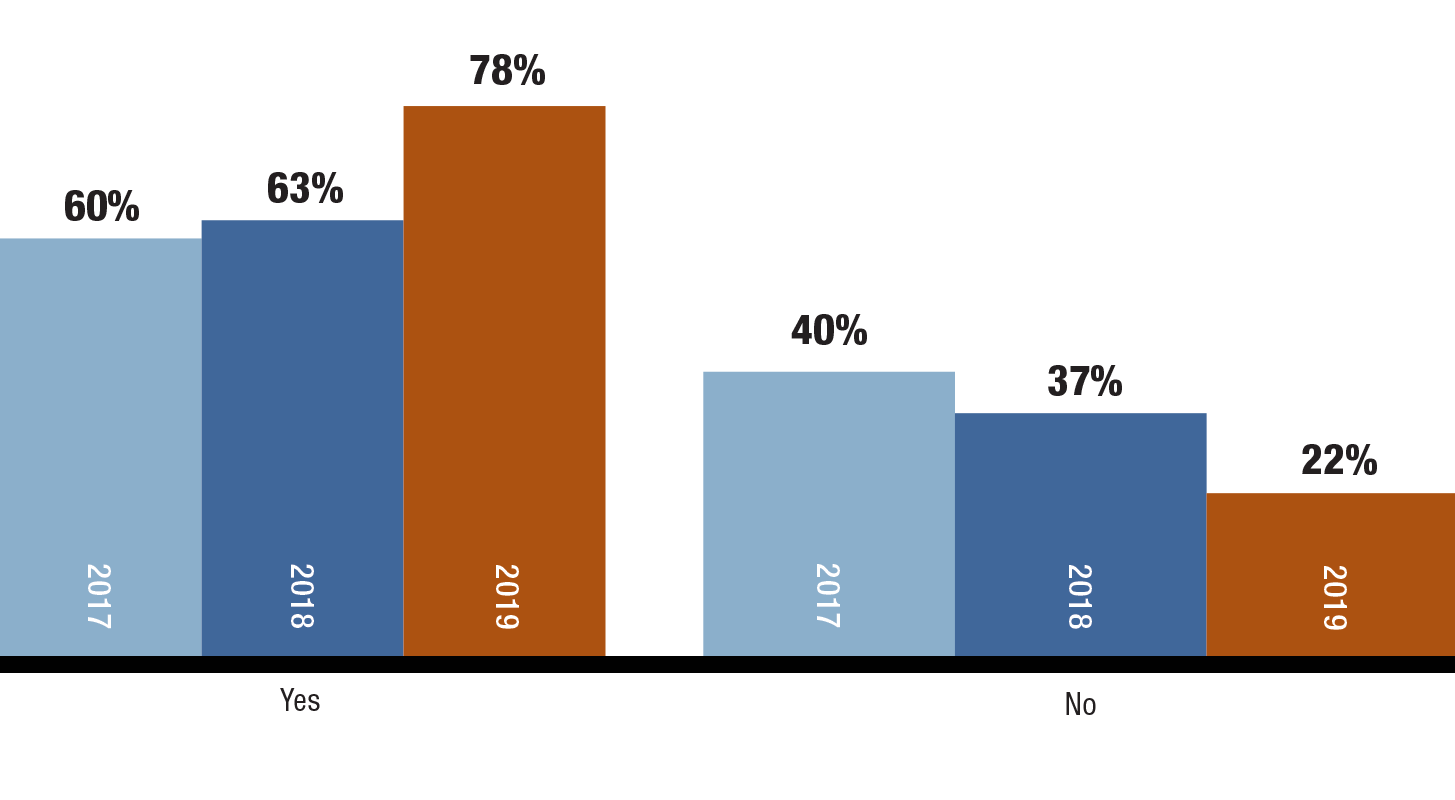
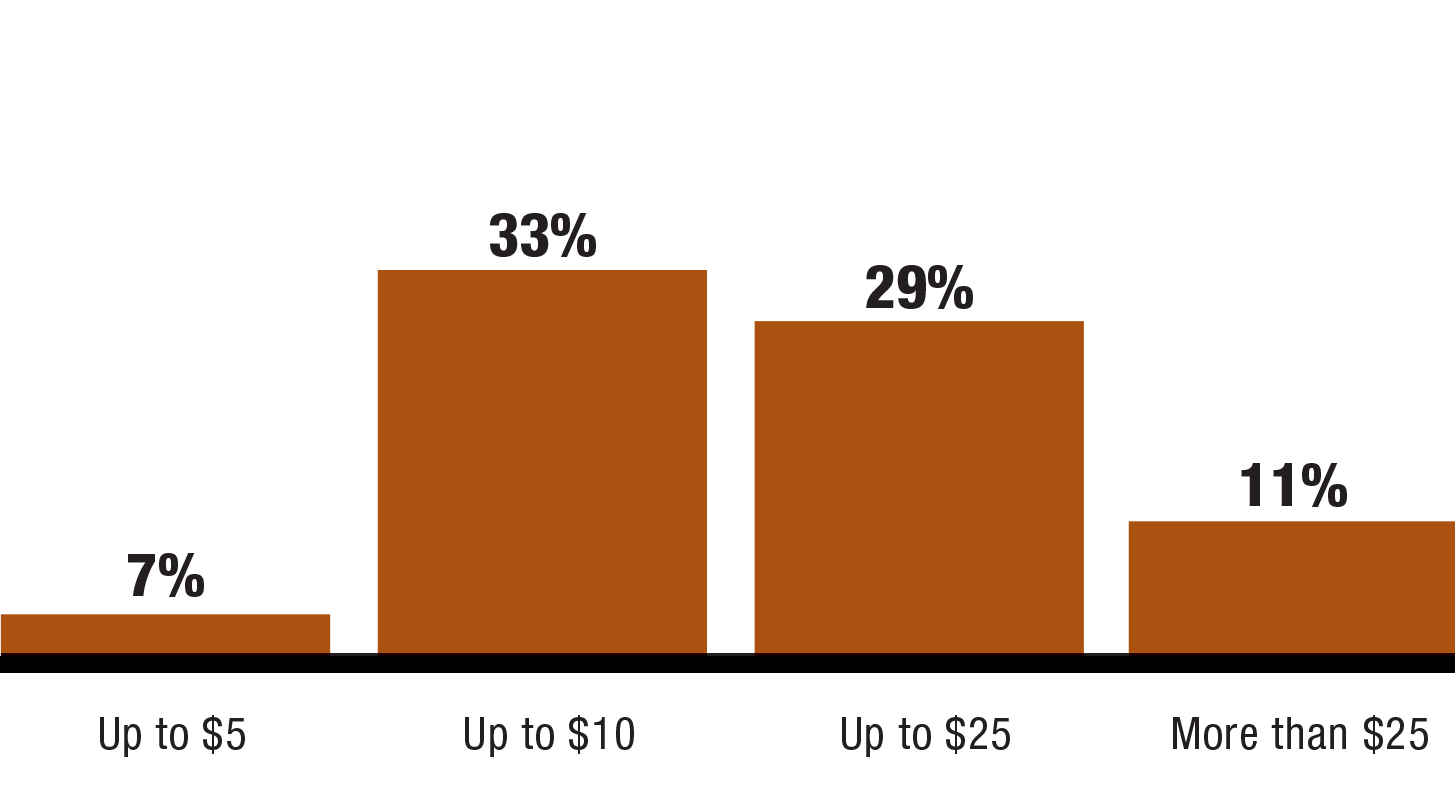

In their words...
Until there is a clear and definitive standards for the certification, I don’t see this as a must have right now.
Depends on whether or not I trust the apparel company in the first place.
This is not important to me and surely results in additional costs being passed on to the consumer.
I like the idea of standardization, but know these certifications often are gamed.
It’s easier to verify the standards of third-party certifiers and then trust their logos on products you buy than it is to confirm claims made by individual manufacturers.
If I’m paying extra, I want to know it has been been certified.
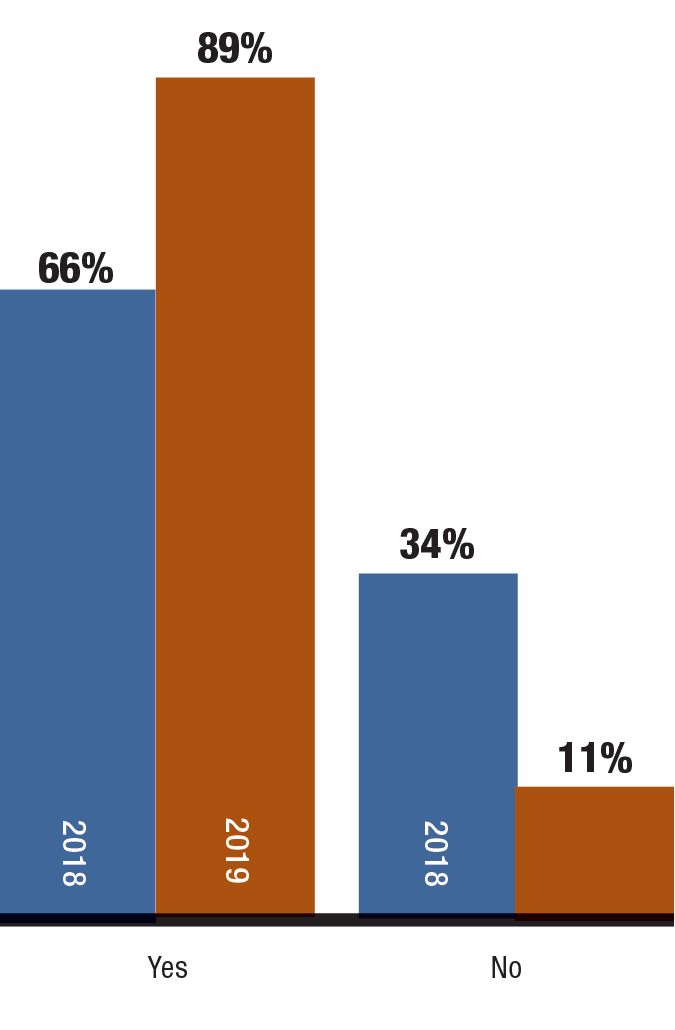
In their words...
I’d find it interesting and it would catch my eye while shopping.
If there is a good sourcing story it is good to know - and can influence my purchasing decisions.
If I knew while I was comparing, I should choose eco-friendly.
Yes, good to know good stuff is happening.
Make it clear and obvious or I’ll miss it.
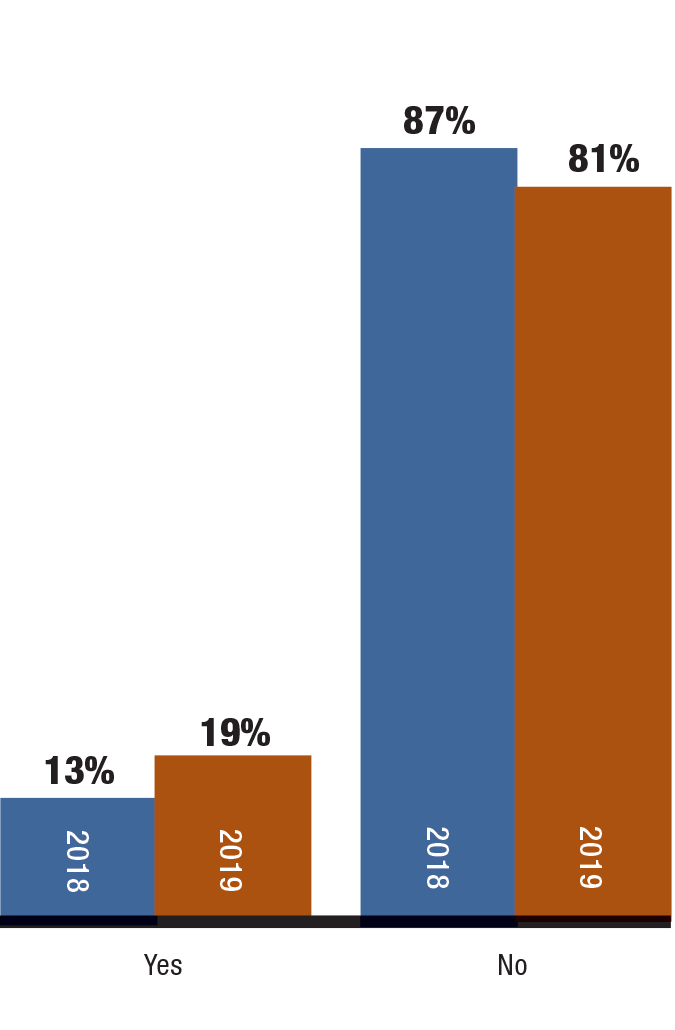
Mentions:
bluesign
Okeo-Tex
Global Organic Textiles
Fairtrade
Toms
Organic Cotton
Green Shape
Alternative Apparel
USDA Organic Cotton
Save the Planet
Ecolabel
Greenguard
Thread 4 Thought
Rothys
Forest Stewardship Council
People Tree
and Pact
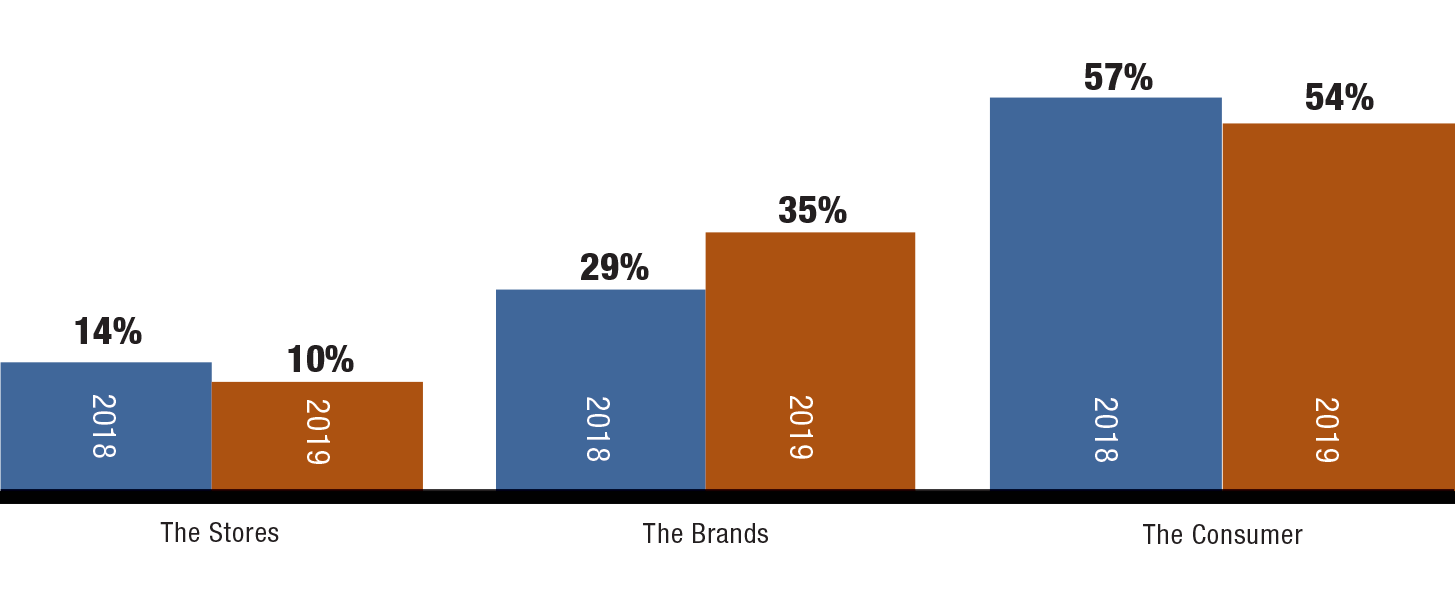
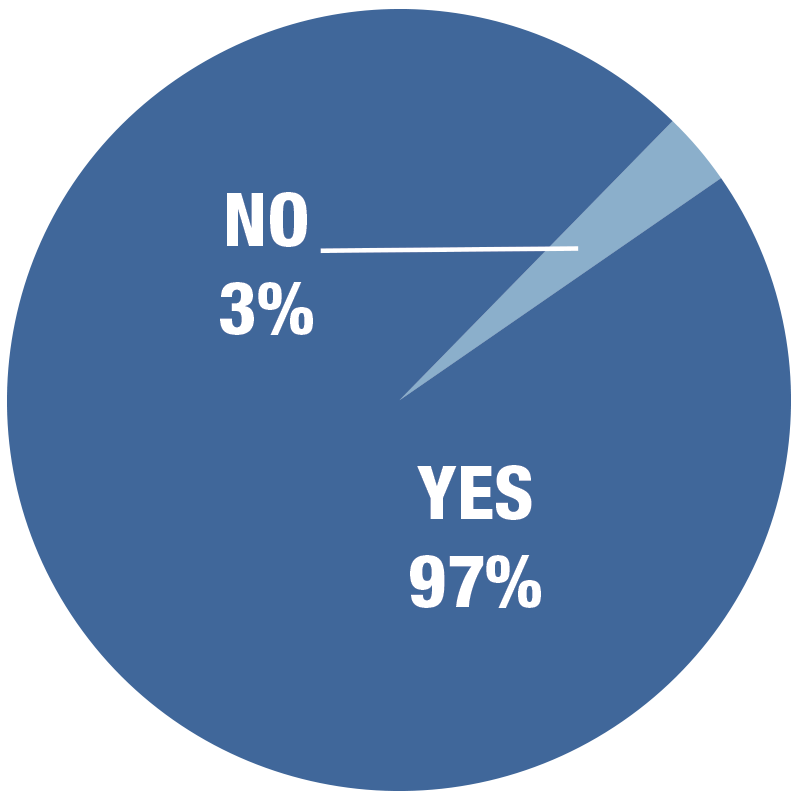
Selected Comments
Everyone involved should make an effort to contribute, in every possible way they can, to recycling and make/sell/use/buy recycled products.
I believe it’s the responsibility of all, but I do think brands have a special responsibility since they are aware of what materials they are utilizing to create their products.
This should be on the consumer; however, the stores/brands should supply portals to recycle.
All should play a role. Consumers like myself would be happy to do so if it was easier/easy.
Would you need an incentive?
I would not expect it, but it would be nice.
A coupon on a future purchase seems reasonable.
No, I would not expect it, but a
5-10% discount would inspire me to look around for potentially something new.
No, but it would definitely help me bring in more pairs.
Not at all, it is nice when they offer incentives, but I am more than happy to recycle my unwanted items just because it’s the right thing to do.
No, I would not expect anything, but that might get more people to do it.
I definitely would not expect an incentive. I appreciate any place that recycles used items for donation.
Yes, I think that’s appropriate offering incentive would be a good to get others involved.
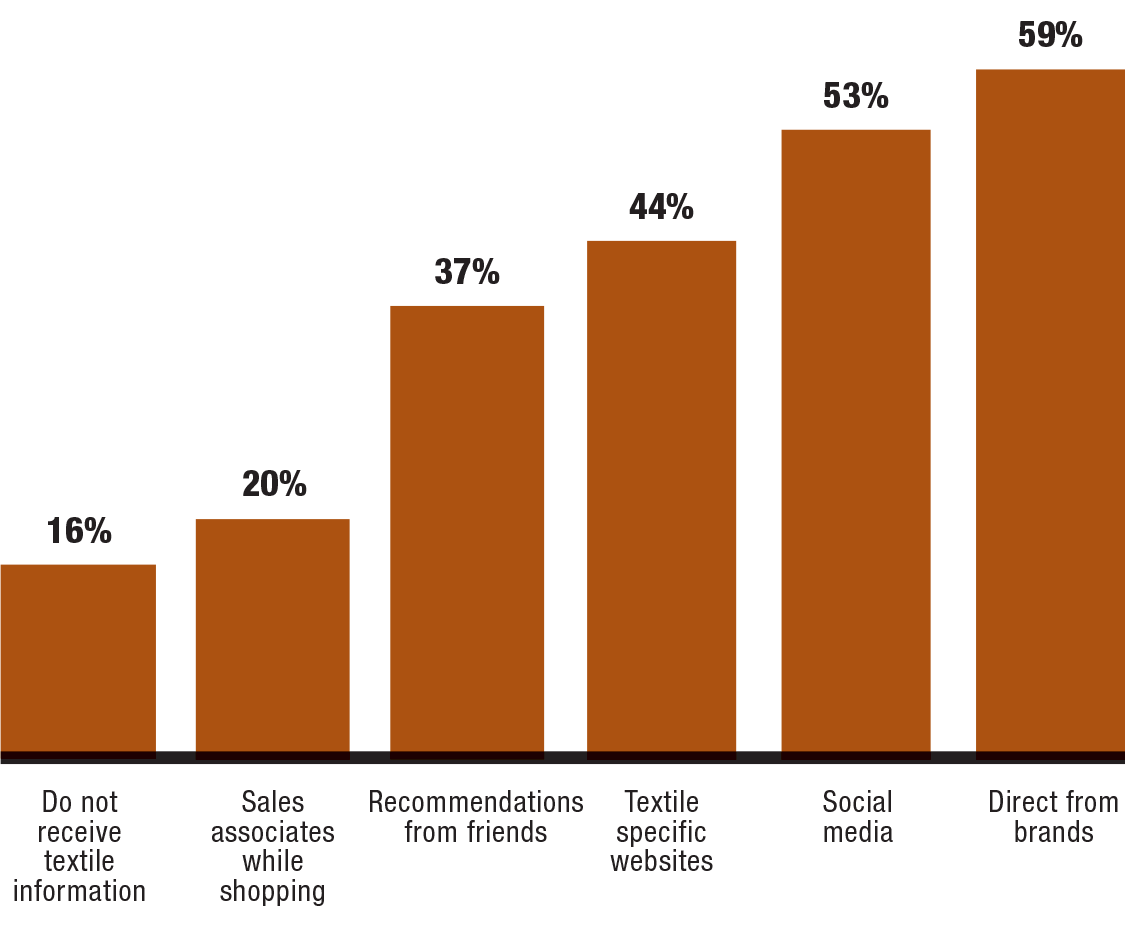
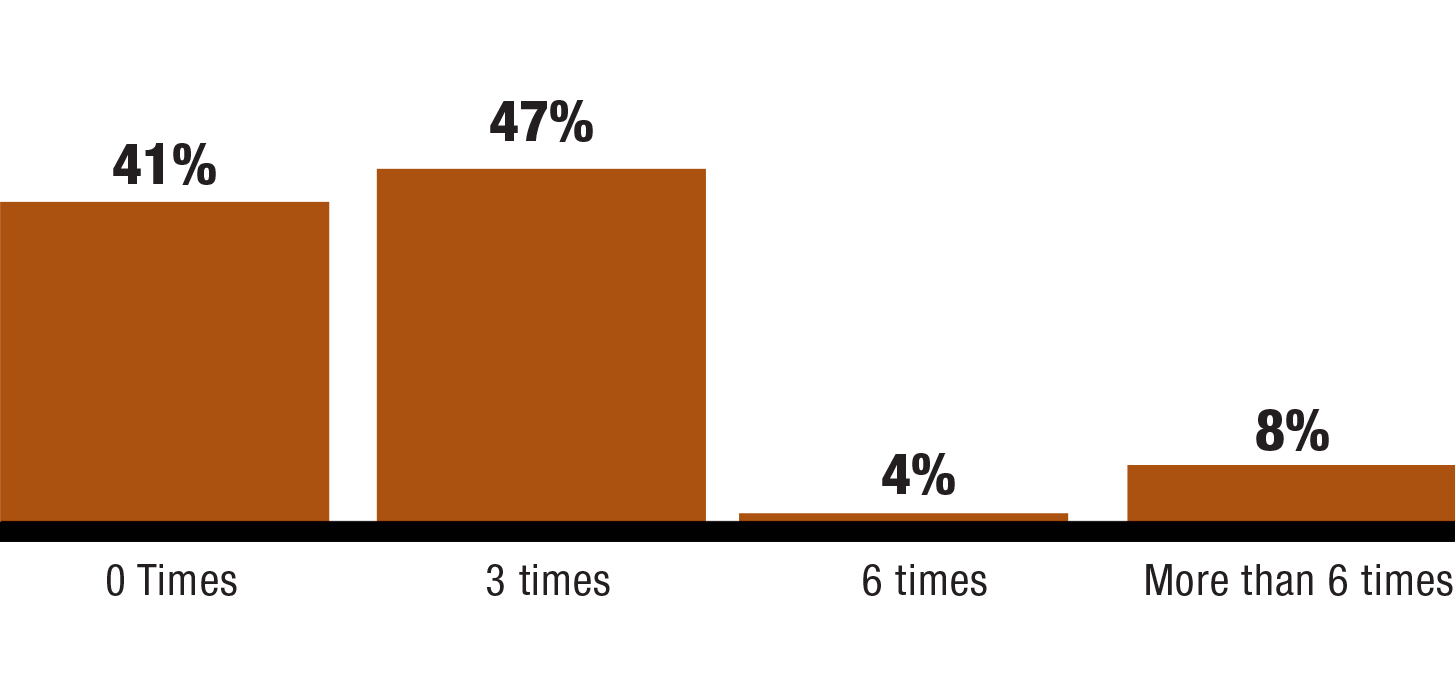
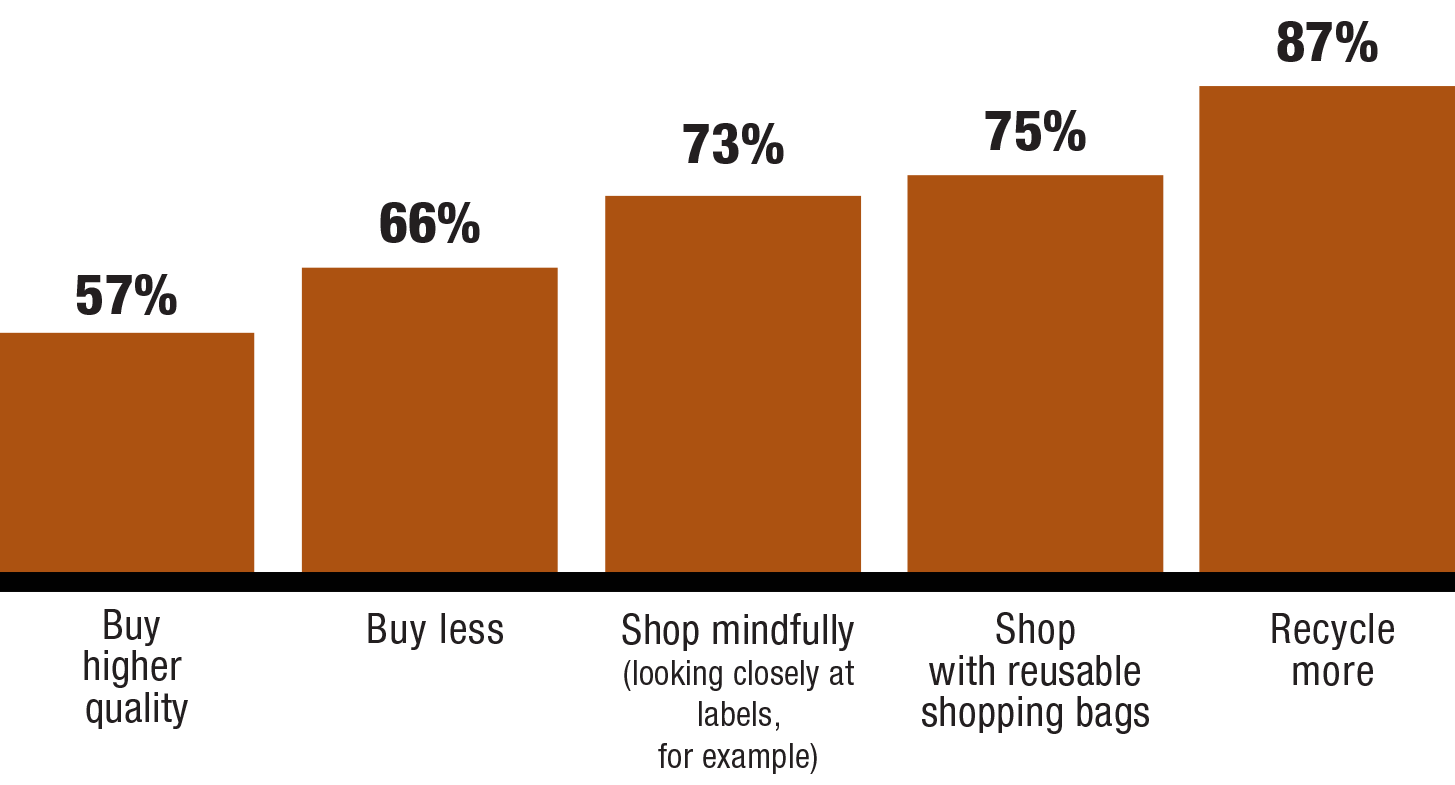
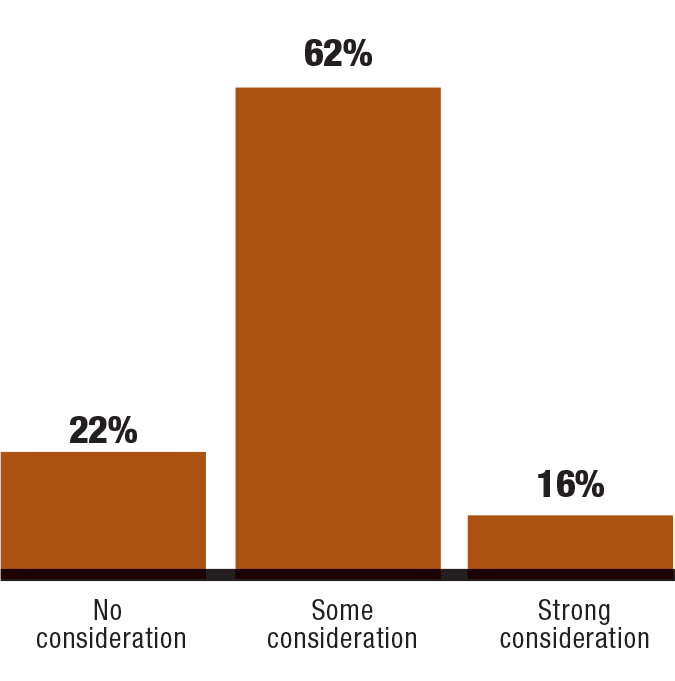
- It costs more.
- I am suspect about the sustainanbility claims made by the brands.
- The materials used are not as comfortable.
- It’s not
- high-tech.







